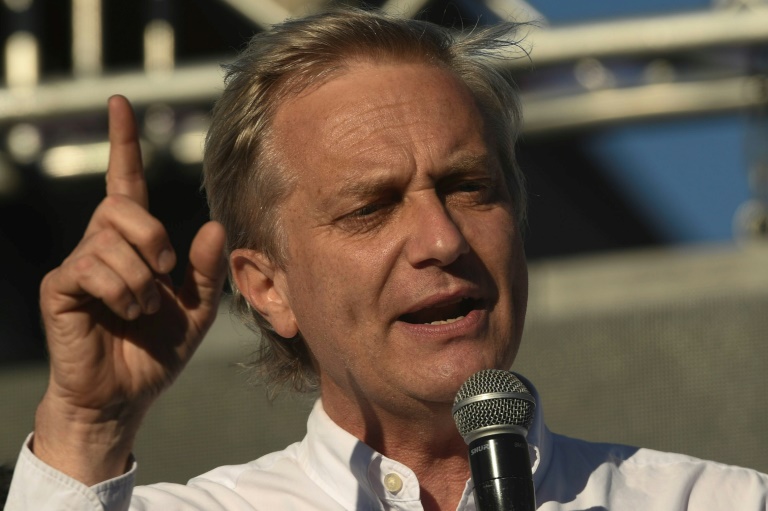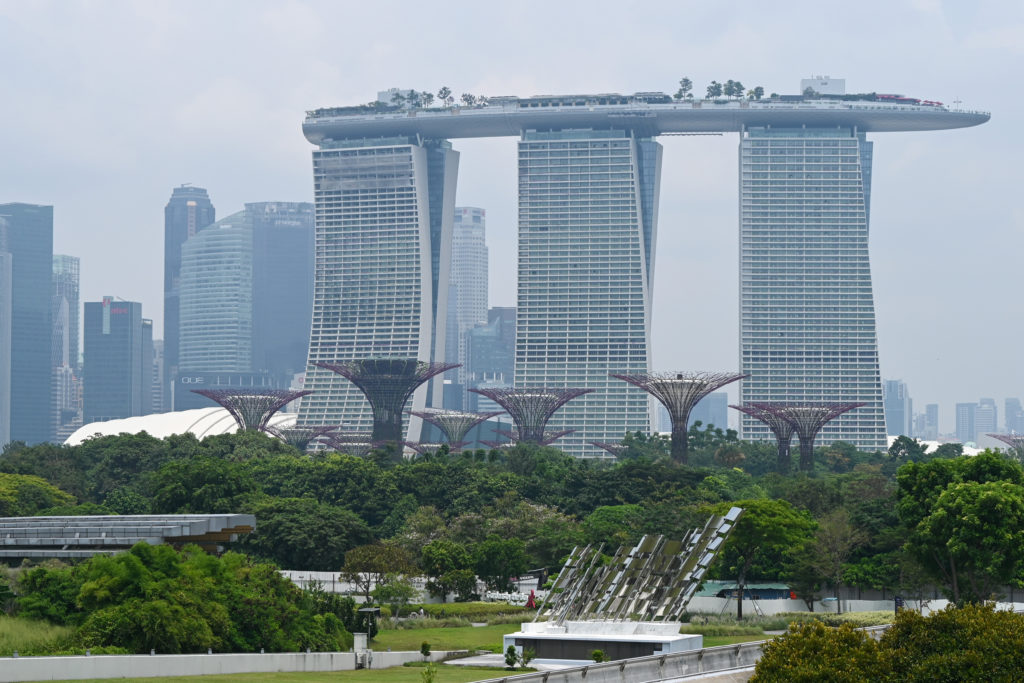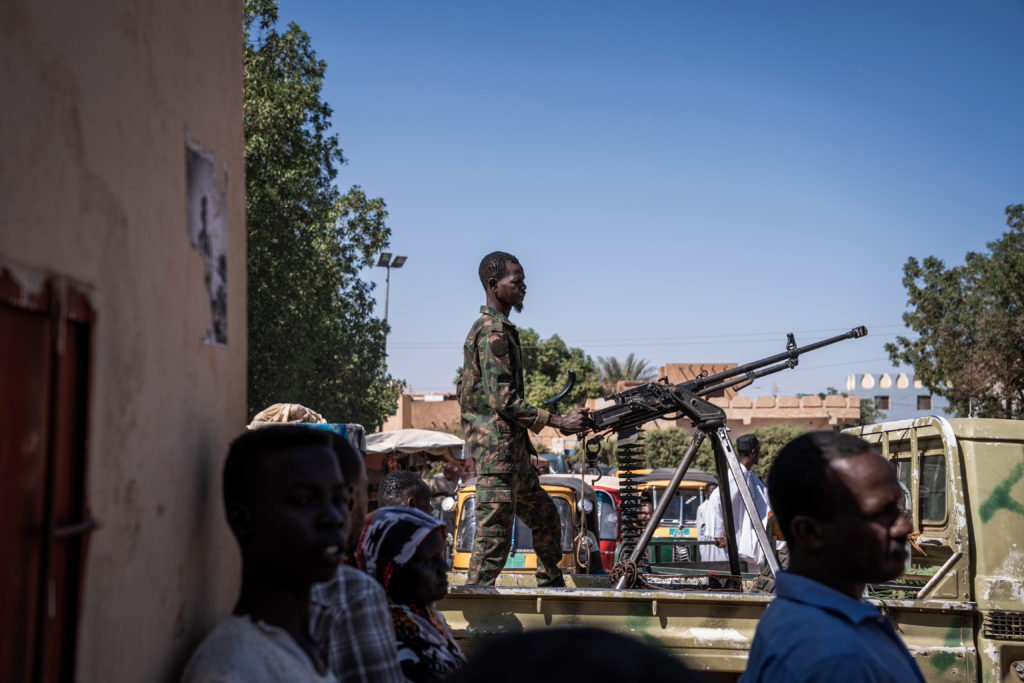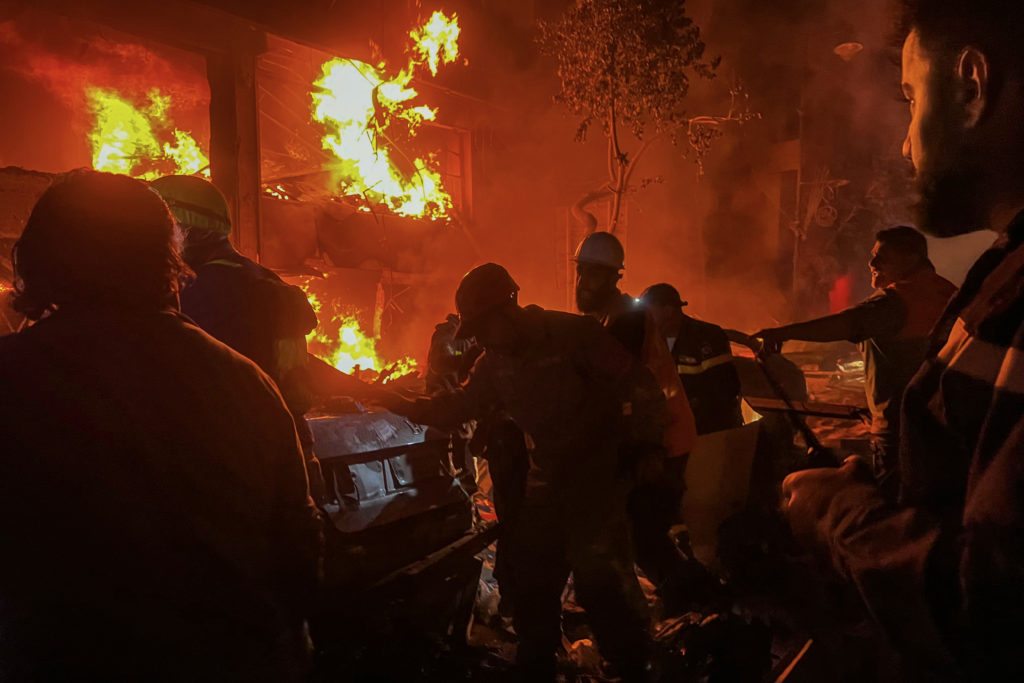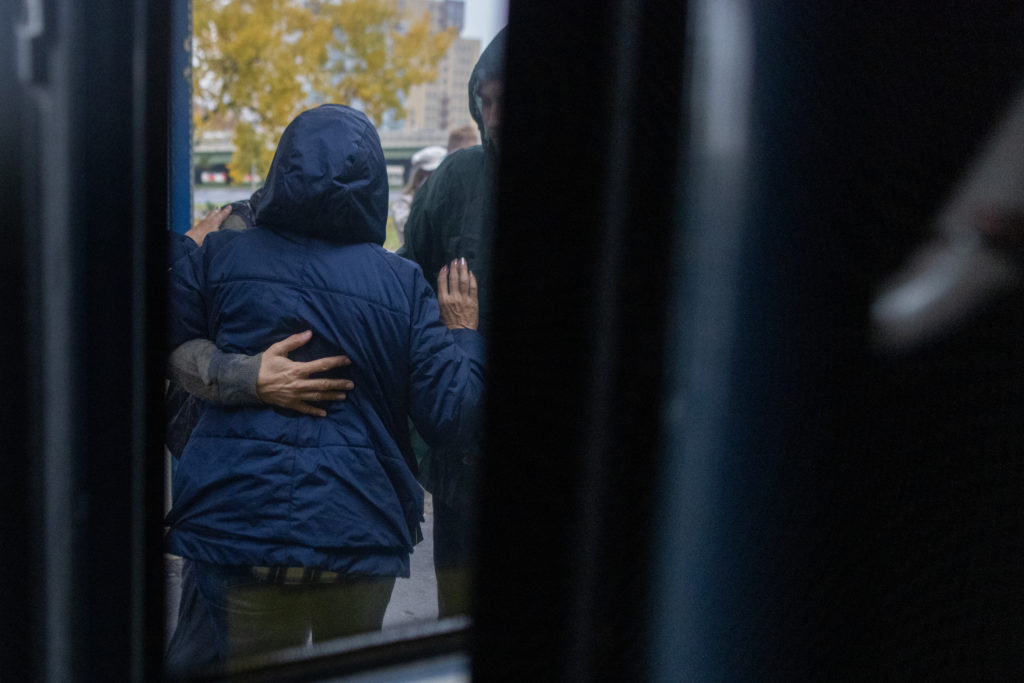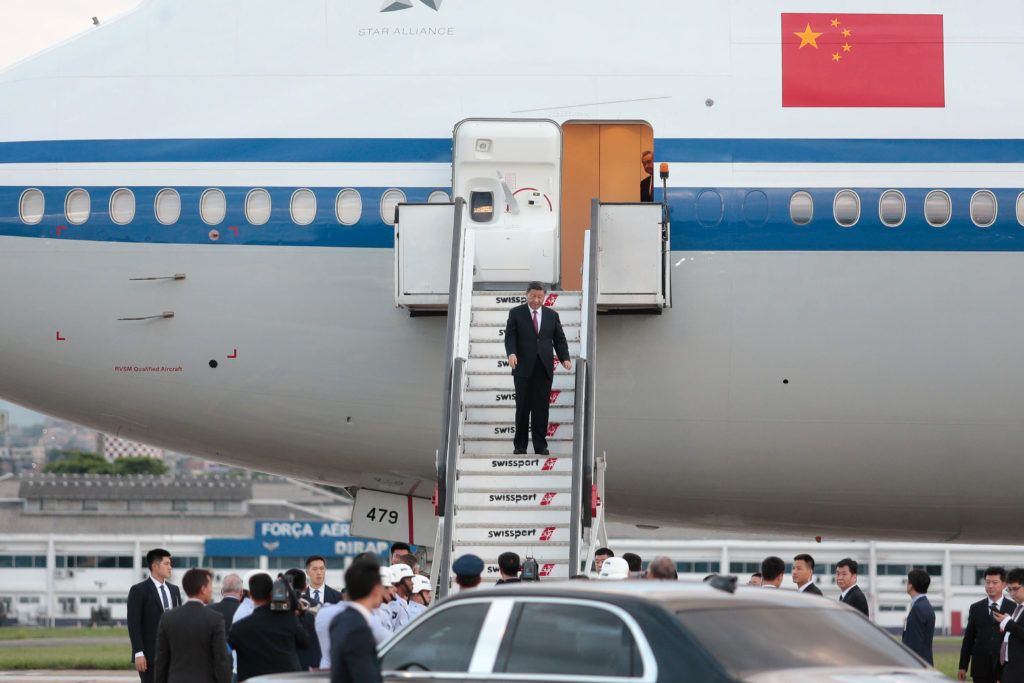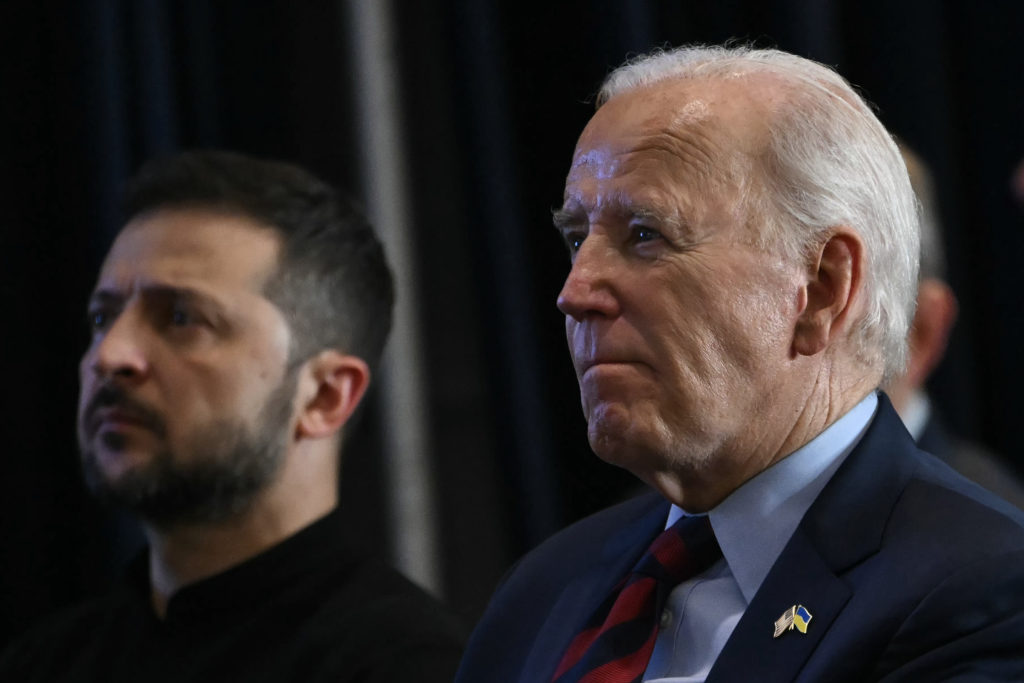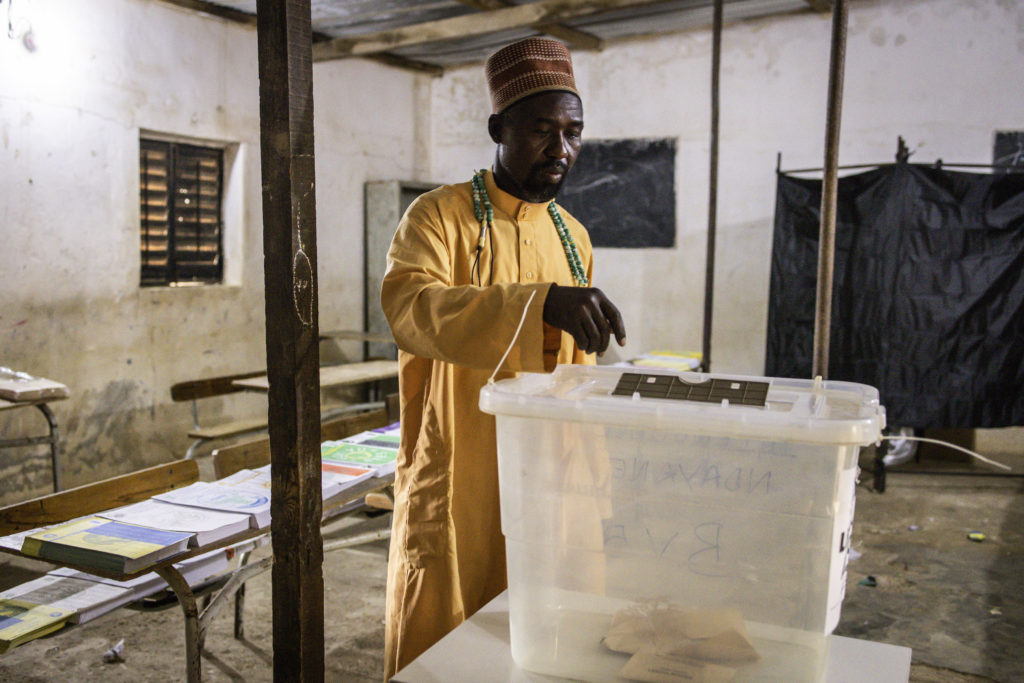Two political outsiders with polar opposite social and political views go head-to-head in a runoff election Sunday to become Chile’s next president.
Who are they?
– Far-right –
Lawyer and ex-MP Jose Antonio Kast, 55, is an outspoken admirer of Chile’s former dictator Augusto Pinochet and of his neoliberal economic model that has boosted private enterprise, critics say at the expense of the poor and working classes.
The law-and-order candidate came out on top in the first round of presidential elections on November 21, with 27.9 percent of the vote.
Kast, leader of the Republican Party he founded in 2019, has expressed kinship with other conservative leaders such as Brazil’s Jair Bolsonaro, Donald Trump in the United States and Spain’s far-right Vox party.
He protests when he is called “extreme right,” and says he wants to be known as “a common-sense candidate.”
This is Kast’s second presidential contest — in 2017, as an independent, he made it to fourth place with less than eight percent of the vote.
Married and a father to nine children, Kast is an active member of the Schoenstatt conservative Catholic movement. He is against gay marriage and abortion.
Kast hails from German immigrants who moved to Santiago in 1951 and became wealthy from sausage production and a restaurant chain. His father was a soldier in the Nazi military.
Kast’s economic model proposes reducing public spending, cutting taxes and trimming the number of ministries.
He has softened his position on several points since November, reversing his proposal to scrap the ministry of women’s affairs and backing down on his threat to undo Chile’s already limited right to abortion, which is only allowed in cases of rape, if the fetus is unviable, or if the woman’s life is at risk.
But he has not backed down on his plan to dig a border “trench” to keep out illegal immigrants, particularly from Venezuela.
Kast wants to retain Chile’s system of private pensions, one of the main gripes of protesters who took to the streets in October 2019 to denounce deep-rooted social inequality.
And he has promised to restore order in a time of great political uncertainty, with many Chileans fearful of immigration and crime and angry about violence and arson committed by some anti-government protesters.
– Left –
At 35, lawmaker Gabriel Boric is Chile’s youngest-ever presidential challenger — only just meeting the required minimum age to participate.
The former student activist has vowed to relegate Chile’s neoliberal economic policies, widely seen as sidelining the poor and working classes, “to the grave.”
The millennial campaigned on introducing “a welfare state so that everyone has the same rights no matter how much money they have in their wallet.”
Chile is one of the world’s most socially unequal countries, where people pay wholly or in part for education and healthcare, and pensions are entirely made up of private savings.
Chile has one of the highest per capita incomes in Latin America and one of the highest concentrations of multimillionaires, but also “persistently high inequality” between rich and poor, according to the OECD.
The candidate for the Approve Dignity coalition that includes the left-wing Frente Amplio (Broad Front) and the Communist Party, ended up in a close second place with 25.8 percent of the vote in November’s first round.
“If Chile was the cradle of neoliberalism in Latin America, it will also be its grave,” he said on the campaign trail.
His alliance with the Communist Party instills fear in many voters in a country with a deep-seated distrust of socialism.
Boric backed the 2019 anti-government protests that resulted in a process to rewrite Chile’s dictatorship-era constitution.
In 2011, he led student protests for free schooling.
His detractors say Boric is inexperienced in politics, and he himself has conceded he has “much to learn.”
But supporters say his lack of ties to the ruling elite, increasingly viewed with hostility, counts in his favor.
He has received the backing of former president Michelle Bachelet, the UN’s high commissioner for human rights.
Boric, of Croatian and Catalan descent, has abandoned the unkempt, long hair of his activist days, seeking to build a more consensual and moderate image. But while he has adopted jackets, he shuns ties and makes no attempt to hide his tattoos.
He supports gay marriage and abortion rights.
Boric was born in Punta Arenas, some 3,000 kilometers (1,860 miles) south of Santiago. He is the oldest of three brothers and moved to the capital to study law, though he never sat for his bar exam.
He is unmarried, has no children and is an avid reader of poetry and history.

